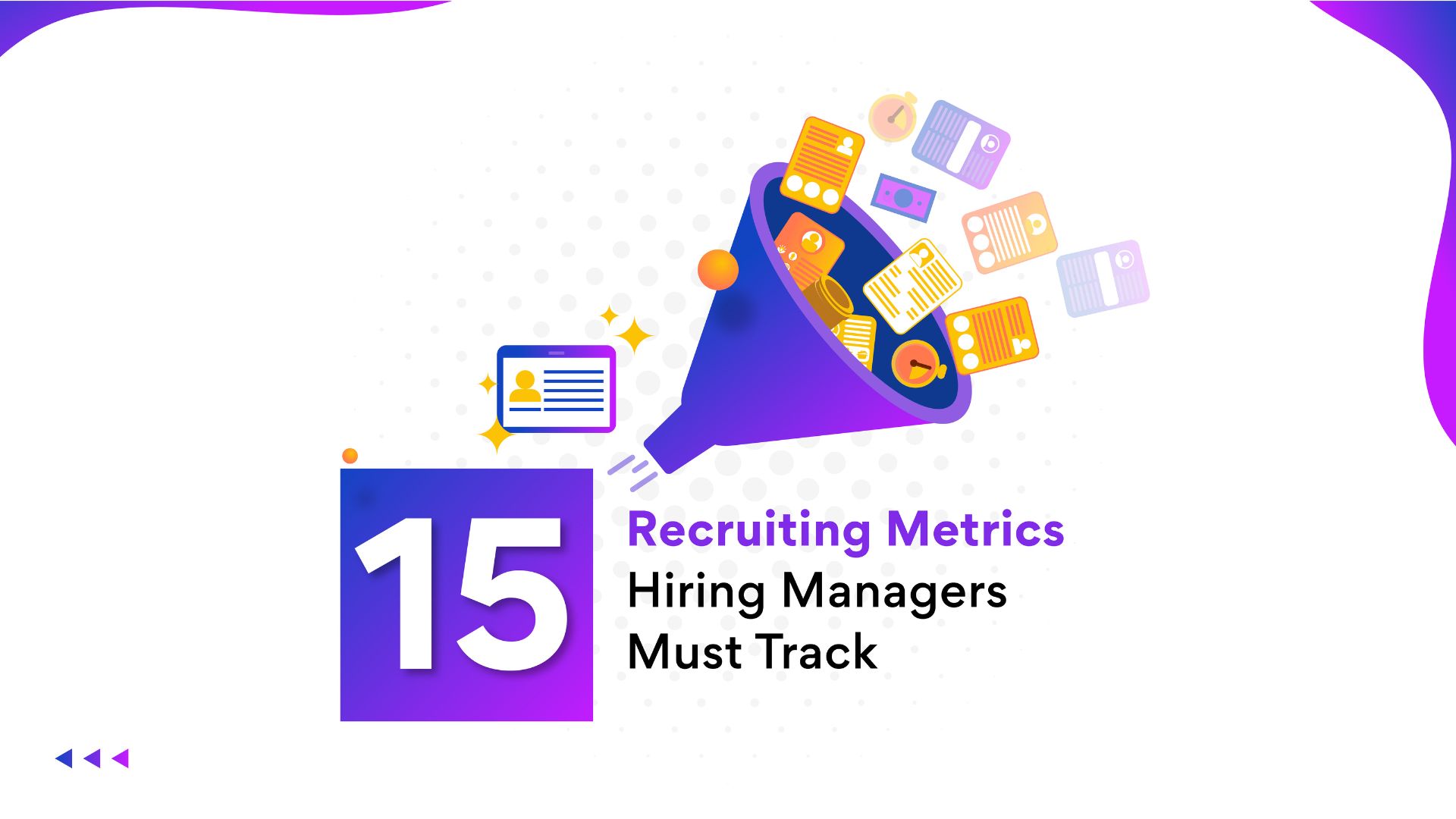How to Lead through the Global Software Engineering Talent Shortage
Finding and hiring talented software engineering professionals has become a challenging task because of the rapid transformation in the workforce. The current scenario post-COVID has the corporate world facing a massive talent shortage.
With the number of vacant job positions due to the gap in demand, supply, and skill level, businesses are trying harder than ever to find and retain skilled software engineering experts.
The US Labor Statistics cited a report where the talent shortage has added up to 40 million skilled workers worldwide as of December 2020.
If the global talent shortage trend continues, this could result in companies worldwide losing around $8.4 trillion in annual revenue by 2030.
According to a report by McKinsey, 44 percent of businesses are expecting a skills gap in the next five years.
Now, more than ever, business leaders have to build a comprehensive strategy to source, hire, and retain talented software engineering professionals.
Organizations can’t fall prey to this global talent shortage; it’ll create a massive impact on the company’s recovery and growth, both short-term and long-term.
How can leaders tackle this software engineering talent shortage?
Business leaders need to ensure that their software engineering experts are happy with their job roles. Giving developers ownership over their work will strengthen their sense of authority.
Give people the freedom to make their own decisions and let them know which decisions require your approval so they have a clear understanding of your expectations.
Additionally, you can empower your team to be more independent by reducing the frequency of status updates, thereby increasing their autonomy.
Instead of criticizing your software engineering professionals over a failed task or a project, encourage them to understand where they went wrong.
Empowering your team to gauge their mistakes and helping them recognize how they could have done things differently will boost their decision-making skills.
There are two effective ways for leaders to inspire their team’s software engineering experts.
- Set goals. When a leader sets an inspiring goal and strives to achieve the same, it motivates the team to see their potential.
- Big picture. When software engineering experts understand the impact their work can have on the company and the world, it gives them a sense of purpose to work more dedicatedly.
Here are three things hiring managers can implement within their hiring strategy to work through this global talent shortage efficiently.
Don’t enforce rigid requirements.
Over the past couple of years, tech giants like Google and Apple have stated that individuals don’t need a college degree to land a job. Instead, their primary focus is hiring software engineering professionals who have the skills required to get the job done, whether they have a degree or not.
This shift in hiring criteria opens up more job opportunities for talented software engineering experts. In addition, it helps businesses tackle the global talent shortage by finding employees who can add tremendous value to the company.
The future of work for software engineering professionals is remote.

The future is remote work for software engineers
Businesses have realized the benefits of building a global remote software engineering workforce. However, after working remotely for over fifteen months due to the pandemic, many companies are sceptical about moving back to the traditional work model.
Giants like Twitter and Upwork lead the remote work revolution by adapting a 100 percent remote work model.
While not many organizations may take this step, most have opted for a hybrid work model.
This switch has given companies the flexibility to access a global talent pool instead of restricting themselves to a 20-mile radius around their office.
This access to international candidates has given companies the freedom to build their software engineering teams solely based on talent.
Additionally, remote software engineering professionals have a healthier work-life balance that encourages them to put their best foot forward.
Qualification assessments for software engineering professionals

Qualification Assessments for software engineering professionals
If your hiring strategy includes sorting through resumes as the first qualification step, you need to rethink your strategy.
Shining resumes, or lack thereof, don’t always reflect the candidate’s actual skill and potential. And more often than not, it’s the recruiting software that sorts through these resumes.
It’s fair to say that this step is a huge problem that needs to be addressed.
Therefore, it’s a much better option to conduct a qualification assessment to gain real insight into the skill level of your candidates.
You can effortlessly cut through the noise and hire skilled developers at scale and do it quickly by flipping the process on its head.
Summary
Businesses that want to survive this global talent shortage need to evolve with time.
The current generation understands their worth; they have big expectations from their employers and are willing to look for opportunities elsewhere when employers disappoint them.
To close the demand-supply talent gap, you can implement the talent attraction and developer retention strategies mentioned in this blog to source, hire and retain skilled software engineering experts who’ll be an asset to your business.
You can read the entire post here.
Turing is a deep jobs platform that makes it extremely easy for businesses to recruit talented and experienced remote software developers. With Turing’s tried-and-tested vetting process, you can have your pick of qualified software developers.
You’ll have access to a talent pool of the top 1% of 1M skilled senior software developers with strong technical and communication skills who can work according to your requirements.
Tell us the skills you need and we'll find the best developer for you in days, not weeks.












